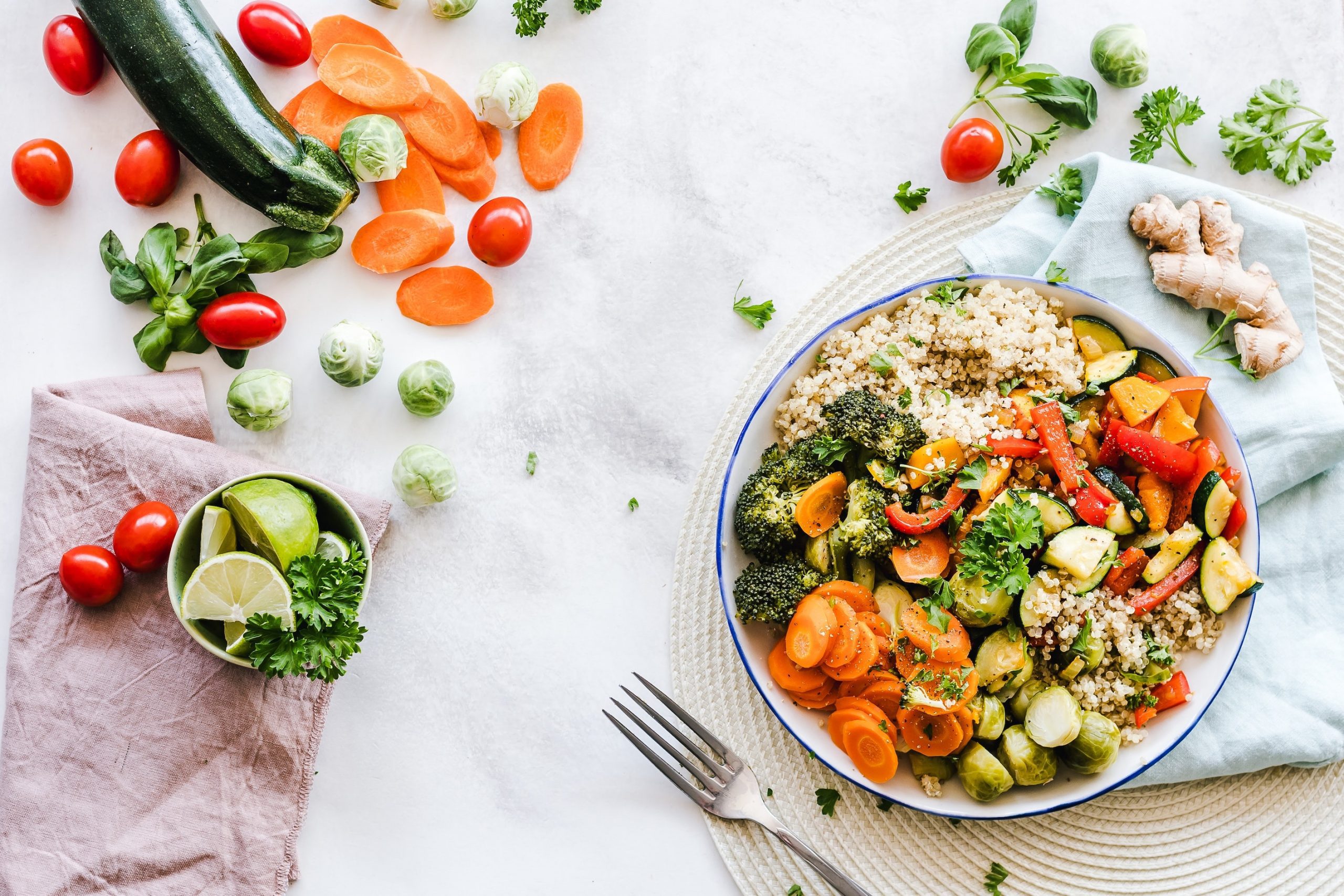There is a significant difference between prebiotics and probiotics, two very new terms being used in nutrition and medicine today. However, many people still do not understand what is the difference between prebiotics and probiotics, or even what they are. In this article we will explore what probiotics are and subsequently, what are prebiotics and why are we hearing more and more about these terms.
What is gut health?
Gut health is the health of your digestive system which is one of the largest systems in your body, one of the most important and also one of the least explored systems in science – until now. Your gut health is important because 70% of your immune system also lives in your digestive system interacting closely with your gut microbiome. [2]
Stress and eating the wrong foods are usually the major cause of poor gut health. Stress causes your metabolism to slow down, meaning that food in your digestive system does not get broken down as quickly as it would when you are not stressed. This can cause food to stay undigested in your gut for a long time. As a result of being stressed, it’s easy to choose foods that give instant pleasure (dopamine hit) such as sugar. Sugar is a major problem for people’s health. Whilst sugar is important in your diet, too much can cause problems in your gut such as inflammation, which will subsequently lead to being overweight.
What are probiotics?
Probiotics are essentially live microorganisms. They are considered the friendly bacteria that live in your gut. They are extremely important for the overall function of your digestive system and also have a direct impact on your immune system. Probiotics make up the important balance of the microbiome that lives in your large intestine. There are trillions of these microbes living in your gut (gut flora); everything from friendly bacteria to viral particles and fungi. They live in a symbiotic relationship with each other to keep balance and harmony within your digestive system.
Probiotics can become depleted over time. This is very common when you have a poor diet and lifestyle, take antibiotics or any other prescription drug, as well as stress, alcohol, pregnancy and more. Your gut flora is like your fingerprint. It is unique to you, but the important part to remember is that you can alter your gut flora and therefore create problems with your health. Therefore, it’s important to consider the health of your gut and how your gut bugs are working for you.
When you have an imbalance in your gut microbiome, you will usually experience the following symptoms:
- IBS problems
- Fungal infections such as genital thrush, oral thrush, skin rashes
- Bacterial overgrowths (you may have been diagnosed with SIBO – small intestine bacteria overgrowth
- Viral infections such as colds, flu, coronavirus
- White tongue – the tongue is a very good indicator of the health of your gut. If you have a white coating on your tongue, then you should try brushing your tongue with your toothbrush. If the coating doesn’t go away, then you have an imbalance in your gut flora
You may have also been diagnosed with a certain health condition such as:
- Crohn’s
- SIBO (as above)
- SIFO
- Diverticulitis
- Stomach ulcers
Therefore, taking an approach to looking after your gut flora could benefit you.
What are prebiotics?
Prebiotics are the fibres that are found in foods such as vegetables and some grains. They are an important part of your digestion, which is why you should ensure that you are getting plenty of fibre in your diet. Fibre cannot be digested in the small intestine. Fibre is digested in the large intestine. It’s broken down by the microbes that live in your large intestine through the process of fermentation creating natural gases. The breakdown of fibre is then crucial to firming up your stools. It allows the waste products from food your gut has digested to be successfully passed out on stools. If you don’t have enough fibre in your diet, then you may find your stools are lost or you become constipated.
Great sources of dietary fibre are vegetables such as carrots, beets, broccoli, kale, spinach, tomatoes and many more. [2]
Prebiotics are also food for your probiotics. The microbes in your gut essentially feed off the fibres enabling them to grow and colonise in their numbers. The more diverse your gut bacteria are, then the better chance your body has at fighting off other harmful bacteria.
How to include prebiotics and probiotics in your lifestyle?
Here are a few things that you can do to help improve your gut flora.
- Eat lots and lots of vegetables. It’s important to include as many vegetables as you can in your diet. Try and eat homegrown vegetables and locally sourced if you can.
- Take a strong probiotic tablet. This is particularly important if you are suffering from a gut health-related disease or have any of the symptoms above. Here is one that we recommend [3]
There are lots of other ways you can help your gut health. Just head to our blog section where you can read more information about looking after your gut health.


